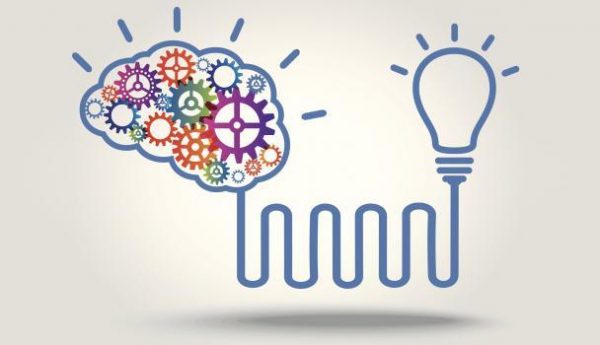We all know that we should use smart study strategies for learning.
But what is the science behind effective study strategies? The tips below come from scientific studies that examine the contrast between memorizing for short term and learning for the long haul.
1. Quiz Yourself Daily
Studies have shown that the best way to remember the information you’ve read or studied is to test yourself. Why? It appears to be that the mere act of pulling information out of your brain and tucking it away again works like a sort of “body-building technique” for memories. Through a process called retrieval practice, it seems that information becomes sturdier and more implanted as we exercise it.
2. Reduce Your Cell Phone Use
It should come as no surprise that spending too much time on the cell phone can impact your grades. But the relationship between phones and grades is not simple; it’s not just a matter of time spent wisely (or not).
Studies show that there is a relationship between cell phone use, anxiety, and student performance. Increased time on the phone seems to be associated to increased feelings of anxiety, and that leads to lower student performance. Another relationship has been realized between increased time on cell phones and a decrease in physical activity. Students who spend more time on phones, in other words, tend to be less active which also causes a buildup of stress and anxiety.
In fact, science also indicates that students who take part in aerobic exercise benefit from better long term memory. It’s just a good policy to limit time on cell phones and increase physical activity. By reducing the anxiety in your life and getting in better physical shape, you’ll free up your brain to learn and retain.
3. Stop Trying to Memorize
Mnemonic devices are handy when you need to memorize a list of items that you wish to recall in the next day or two. Memorization is a skill that comes in handy for short term memory. But short term memory is only good if you’re cramming for a test and you don’t care about learning. For truly learning from the material that you cover in class, long term memory is the goal.
A recent study shows that memorization impairs your ability to recall details and that can be a problem if you’re taking a test with essay or multiple choice questions.
To commit information to your long term memory, you will need to venture beyond memorizing facts. You must strive to acquire a meaningful understanding of concepts beyond the words and names on your list of terms. This leads to true learning as opposed to short-term memorization. Long term memory comes from getting active with material and studying the same information several times over a few weeks.
4. Use Music and Actions
The more active you become when it comes to studying, the more you will be able to carry out the information to memory. If you’re studying foreign language (or any other subject that requires you to learn new vocabulary) it seems that singing is helpful. Singing new vocabulary and definitions taps in to your auditory learning skills and assists you recall more readily, according to one study. It’s certainly worth a try.
Another study shows that you can benefit by taking your class notes by hand instead of using a keyboard to type your notes. The act of writing words out by hand boosts the comprehension of concepts. In one study, students who took notes on a computer could recall facts as well as those who used hand-written notes, but they could not absorb concepts nearly as well as the pen-and-paper students.
5. Use a Sleep Strategy
Common sense tells us that students require to get enough sleep to perform well in school. But there are some surprising findings when it comes to how and when we sleep, as it pertains to our ability to learn. It’s not about the amount of sleep you get, necessarily. The timing of your sleep patterns also matters.
Consider the following findings about sleep and study:
– A regular bed time is significant, but students with later bedtimes have lower grades than students with earlier bedtimes.
– When you sleep right before study time, the information seems to sink in as you sleep and soak into your long term memory. Sleep actually reinforces learning.
– If you go straight to bed after reading, the information will transform from short term memory to long term learning. However, if you start reading Facebook posts or do any pleasure reading between study time and sleep time, you clog your brain with useless information and stop the potential for learning while sleeping.
Study and then go straight to sleep: that’s they key.

